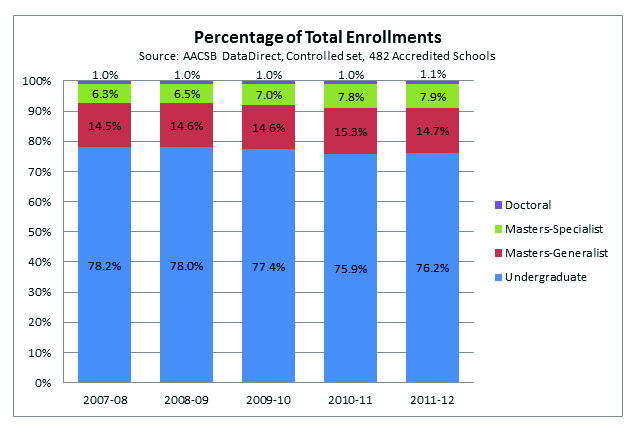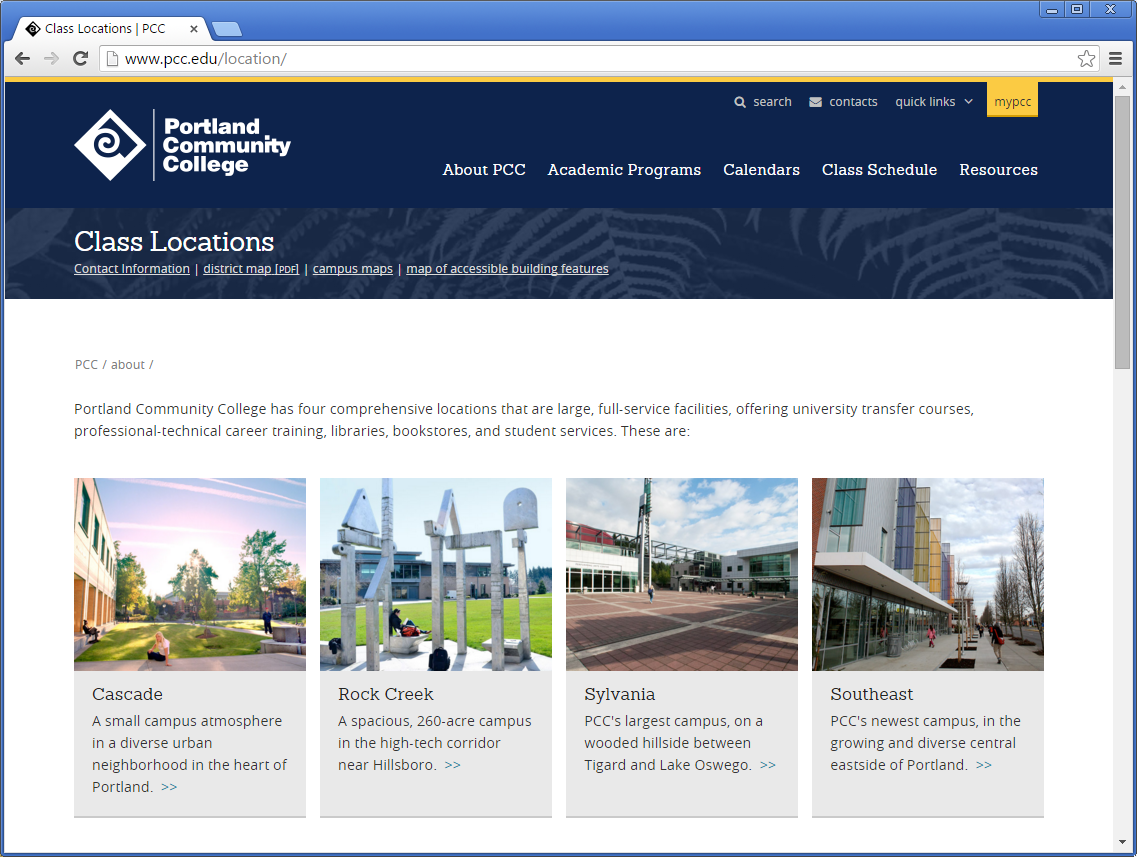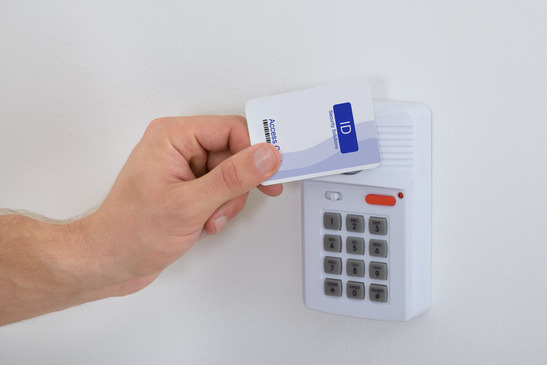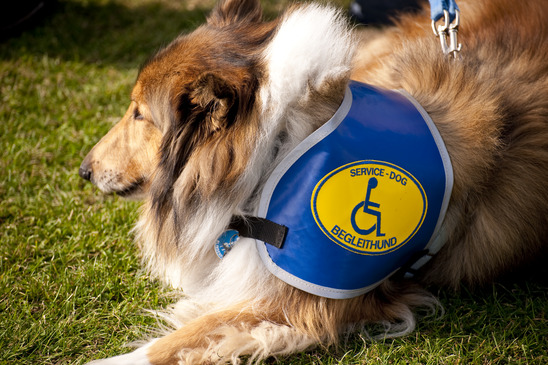How to Accommodate Deaf Students through a Referral Agency
Every quarter or semester, colleges and universities have one trend in common. That trend is student enrollment.
Some of the students who enroll may be Deaf or hard of hearing. In order to communicate with those students, you will need the help of professional sign language interpreters.
You already know that you’re required by federal law to provide equal accommodations. The laws are explained in more detail in this article.
It’s possible that your school already employs in-house sign language interpreters, which is great. However, there may be a time where you need to reach out to an interpreter referral agency for assistance.
From my years of experience in working with colleges and universities, I came up with some tips for you to follow.
Here are the tips to accommodate Deaf students through a referral agency.
1. Term Schedule
All schools have class schedules. Those schedules can vary from school to school. Some go by quarter terms, others by semester.
Regardless of how your classes are spread out over the year, be prepared to provide the following information to the referral agency:
- Start date and end date of the term
- Days and times of classes
The referral agency you’re working with will need this information to schedule interpreters.
Why does an agency need to know this information in advance?
So they book a team of interpreters for the entire duration of the term. It helps with consistency and quality of the educational experience.
Interpreters also get booked quickly, so if you can schedule them through the agency for the entire term you will be better off in the long run.
2. Class Names & Types
Is the student taking advanced algebra or a culinary arts class?
This information is helpful to know in advance.
Relay this information to your referral agency so they can pass it on to the interpreters scheduled for the term. Knowing the class names will help interpreters prepare for those sessions in advance.
Knowing the class type is also helpful.
For a lecture, a team of two interpreters will almost always be required. For a one hour lab, you may be able to get away with one interpreter.
Here’s why team interpreting is important and necessary.
According to Lydia Callis,
“When interpreting a verbal language into a physical one, ASL interpreters become prone to both physical and mental fatigue. After one hour of interpreting alone, even the best sign language interpreter will be providing a lower quality of service.”
In either case, let the referral agency know so they can accommodate you accordingly.
3. Location
Some schools have only one campus, while others may have multiple campuses in the same city. Be sure you provide the campus address of where you will need interpreter assistance.
Go in more detail when it comes to location as well and provide the exact location of the class on campus. For example, the hall name and room number.
It will make it easier for the interpreters to find the student and the classroom.
If you are not specific with the location information, the interpreters may show up late. Or worse, they may not show up at all if they can’t find the location.
4. Student’s Name
There are two important reasons why you should provide the student’s name to your referral agency.
The first reason is that you may have more than one Deaf student at your school. If that’s the case, and you’re arranging interpreters for multiple students, it will be helpful to the referral agency to know each student’s name.
It will make it easier for the referral agency to track and schedule appropriate interpreters for each student.
The second reason is potential conflict of interest. For example, there may be cases where a student doesn’t feel comfortable with a particular interpreter or vice versa.
A professional interpreter will always forgo a job if he or she is able to identify a conflict of interest in advance. An example of an interpreter conflict of interest policy can be found here.
5. Degree Type / Program Name
This point relates to the Class Names & Types I explained earlier in the article.
By providing the degree type and program name to the referral agency, the agency can then schedule the most qualified interpreters for the job.
It will also help the interpreters to study and ramp up for the course to ensure smooth interpretation.
6. Dress Code
Some classes, for example Psychology 101, may not have a formal dress code. Students can show up being dressed like… students.
A few specialty classes require students to be dressed for the occasion. Specifically, classes that have labs often times require special outfits.
For example, if a Deaf student is taking culinary classes, there might be a lab day where he or she has to prepare food. One must dress like a chef when they are cooking in such environments.
This expectation is passed onto the interpreters as well. Communicate this information in advance to the referral agency.
Also, be prepared to provide uniforms for the interpreters at the school’s expense.
7. Parking
Parking is generally not an issue on suburban campuses. However, if your school has a specific parking policy, be sure to communicate that to the referral agency so they can inform the interpreters.
For schools with urban campuses, it gets more complicated. There may not be any school parking on campuses located in downtown areas of a major city.
The interpreters will then have to find where to park themselves.
Be prepared to either provide free parking to the interpreters or reimburse them for any parking fees they incur. Such reimbursement can be done through your referral agency.
8. School Access
With the recent increase of violence on college and university campuses, many schools are implementing tighter restrictions for campus access.
If you require all campus visitors to have a pass, be sure to clarify this in advance. Don’t put the interpreters in an awkward spot by not providing them with this information ahead of time.
Last thing we all want is for interpreters not following the proper visitor protocol and being detained by campus security.
Some schools may also have key card access to certain areas of the campus, such as the restrooms. Be sure to provide interpreters access to those key cards.
9. Special Instructions
Each interpreter request situation will be unique. Generally, the more details you can provide to your referral agency the better.
This includes any special instructions you may have for the interpreters to follow.
Special instructions may include some of the points I’ve already mentioned, such as the dress code, school access policy and parking procedures.
Here’s an example:
Please ask the interpreters to park in Zone A and check in with security. After they receive their visitor badges, they can proceed to Culinary Hall, Room 123 and check in with the instructor.
We also request that the interpreters arrive a few minutes early. If they arrive after the class begins, they may not be able to enter the classroom.
10. Other Considerations
You’ve done your best in putting together all of the information above for your referral agency and are now ready to place your request.
The chances are good that you may have missed something.
Here are a few other considerations I suggest you communicate to your referral agency.
- What is your school/class policy on service animals? It’s rare, but possible, that an interpreter may have a service dog. We’ve had a case like that before.
- Is any of the class content potentially offensive? All people have their own beliefs. It’s better to clarify any sensitivity in advance, especially those around religion.
Need assistance accommodating Deaf students?
Let’s discuss your specific needs. Contact us.
Conclusion
You already know that you’re required by law to provide equal accommodations to all students. You work with sign language interpreters to accommodate your Deaf students.
On occasion, you may need to work with an interpreter referral agency to meet those accommodations.
You now know the information you need to provide to your referral agency to successfully accommodate your Deaf students.
Please share your thoughts on working with interpreter referral agencies and any questions you may have.












Leave a Reply
Want to join the discussion?Feel free to contribute!